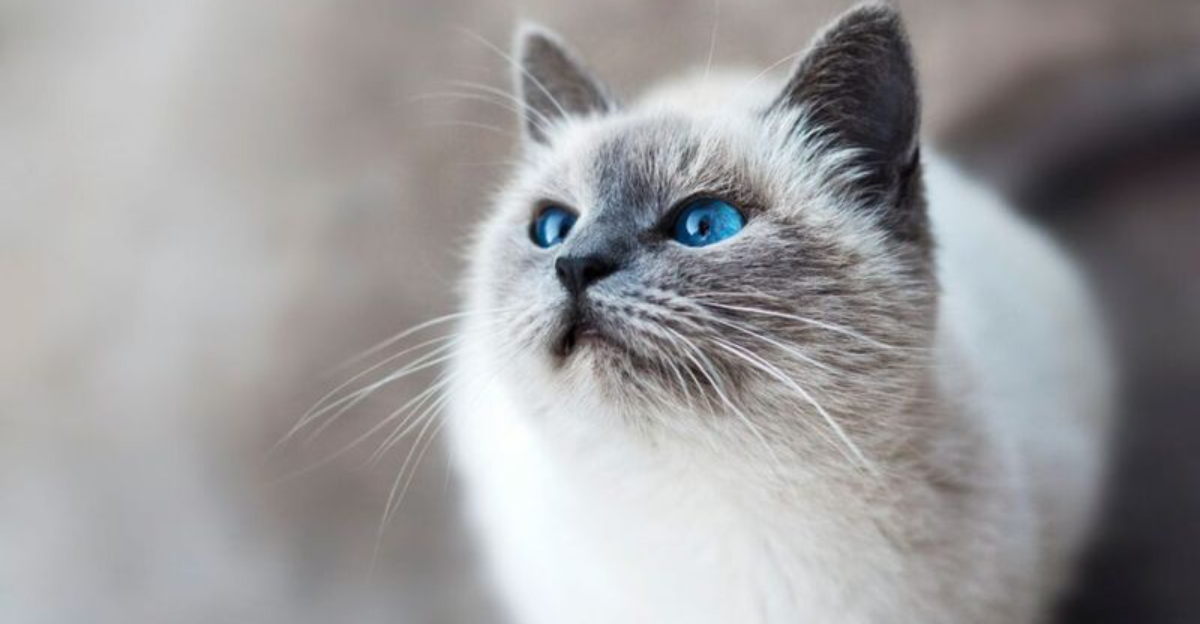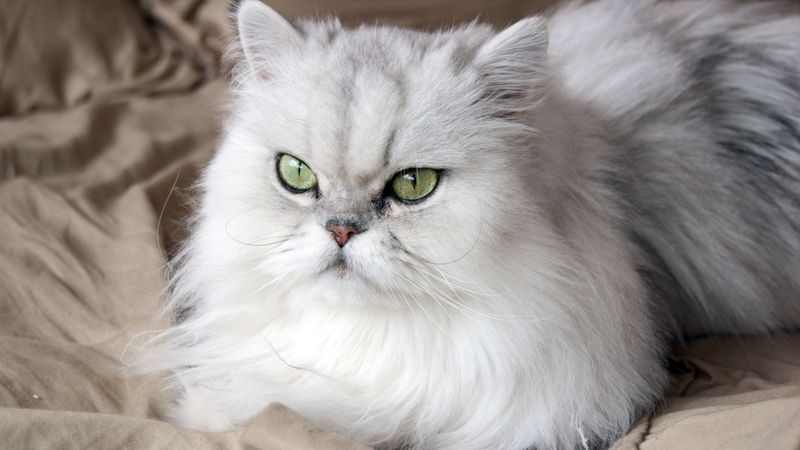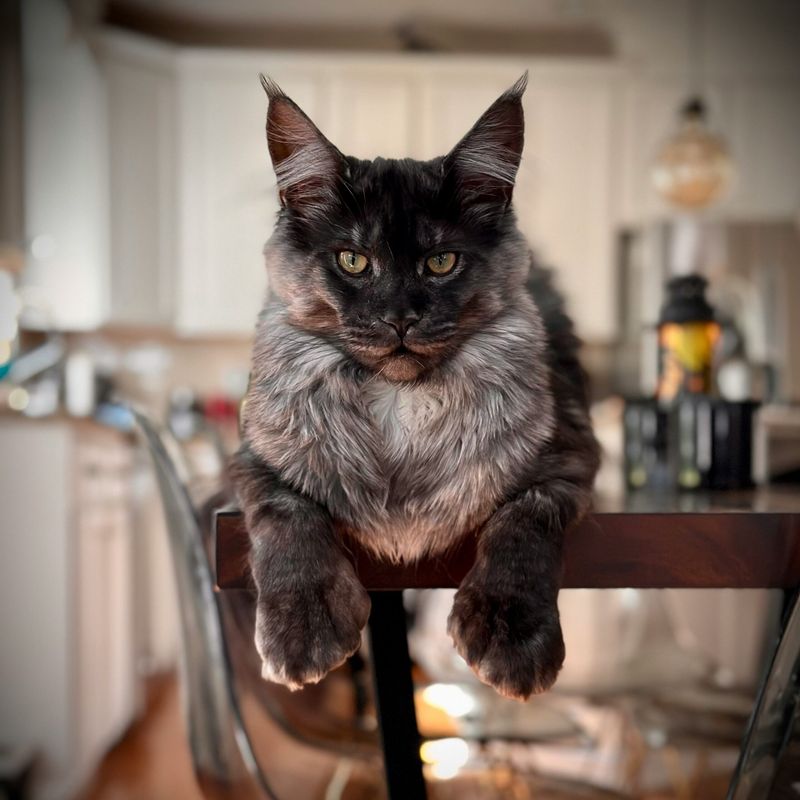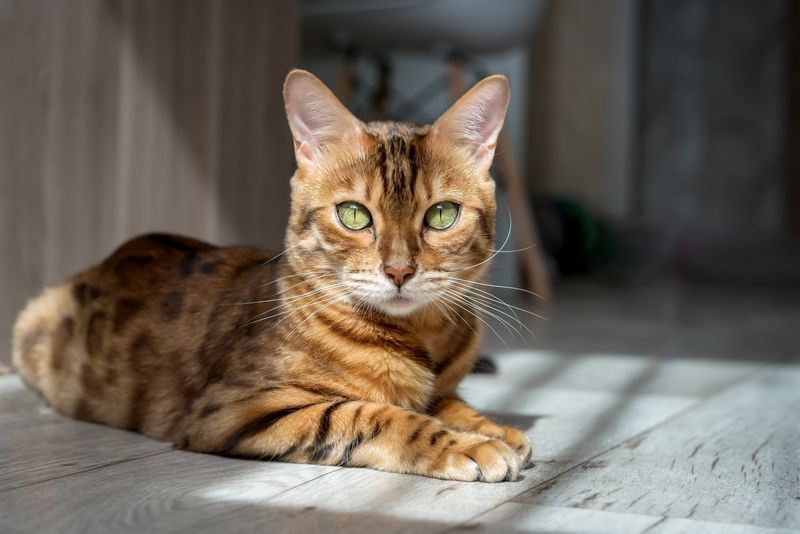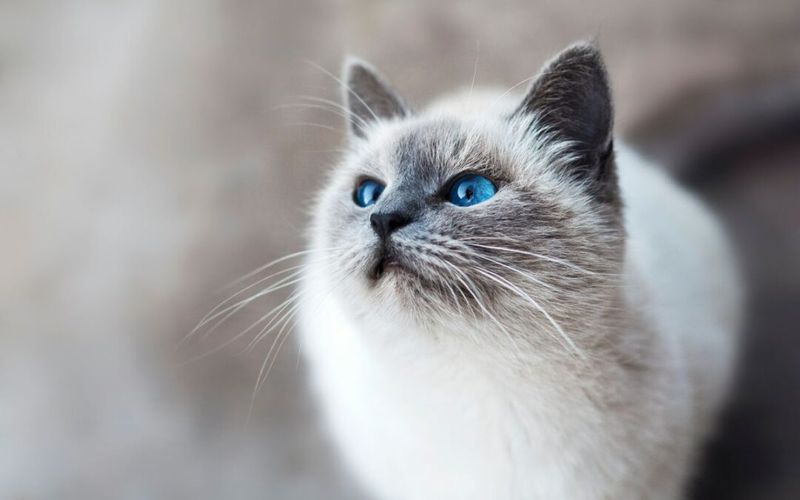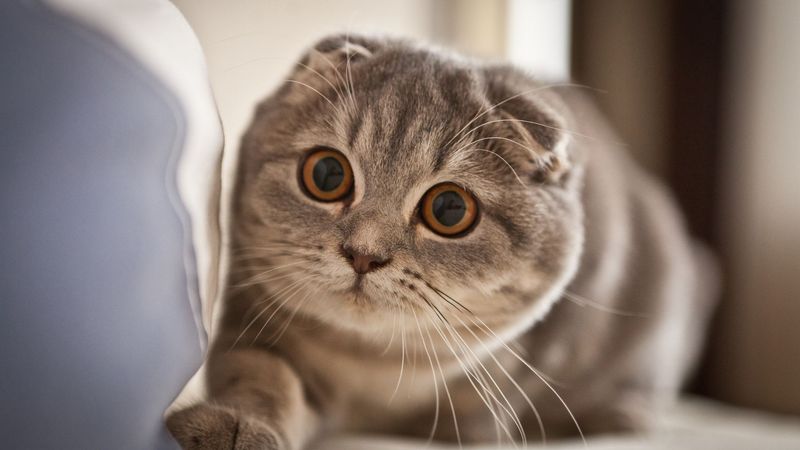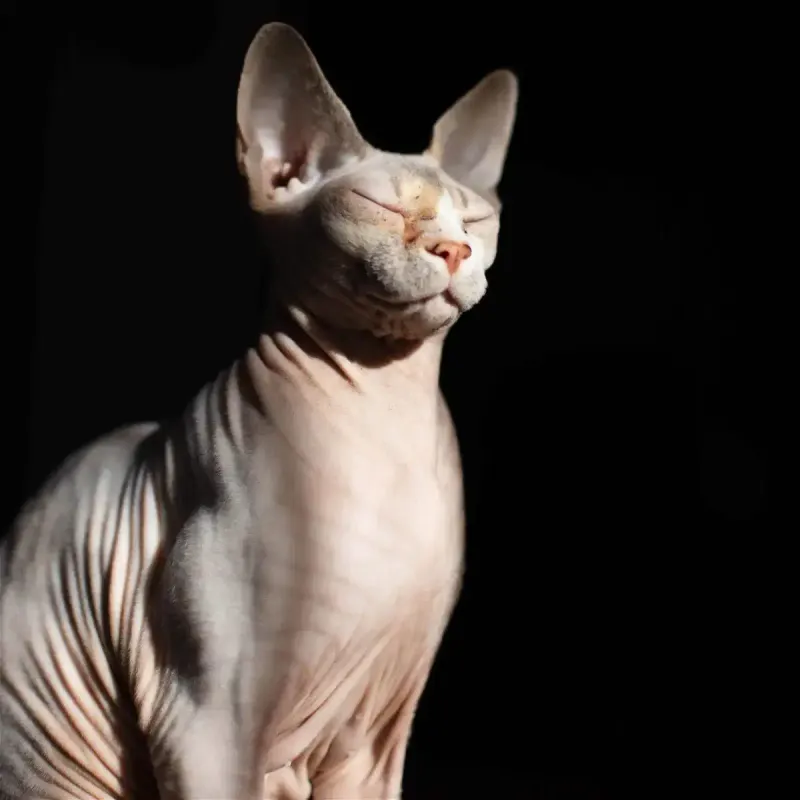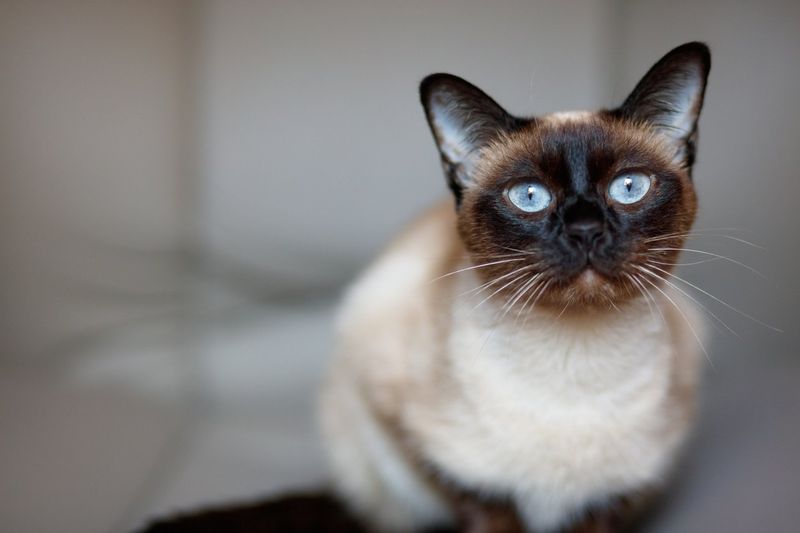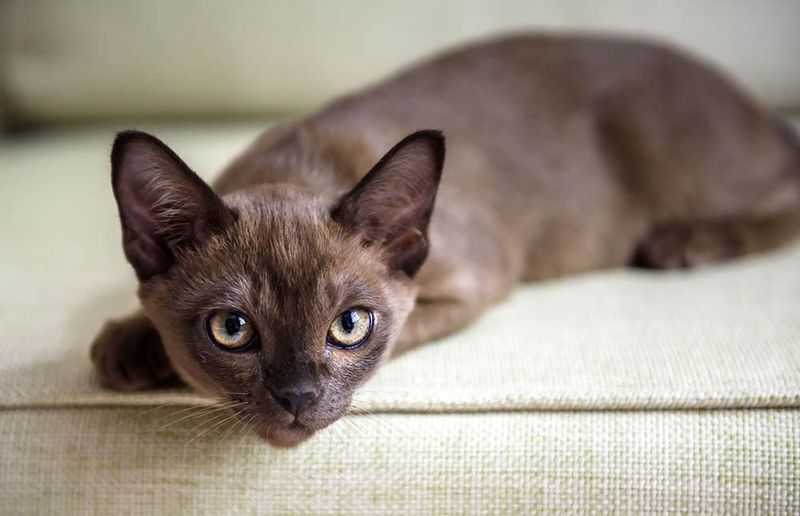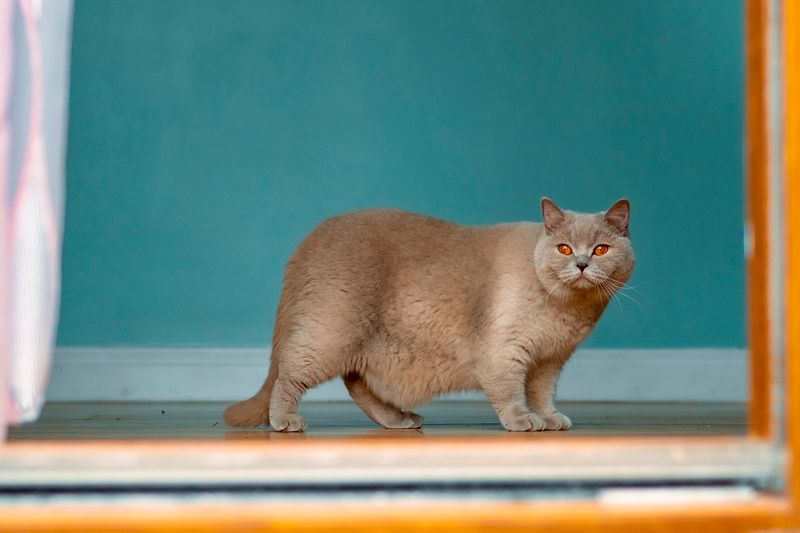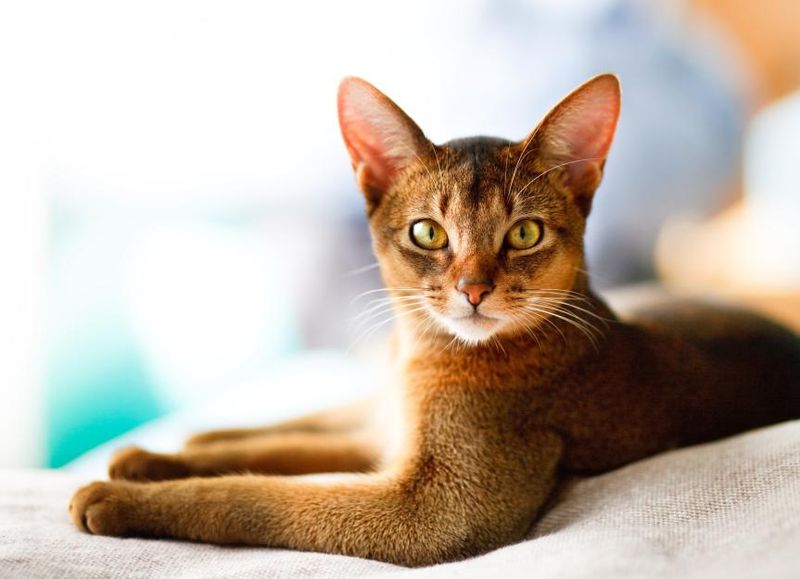📖 Table of Content:
Understanding the common health issues associated with popular cat breeds is vital for prospective cat owners. Each breed comes with its own set of potential health challenges that need attention and care. This guide provides an overview of ten popular cat breeds and their typical health concerns, equipping you with the knowledge to ensure your feline friend stays healthy and happy.
1. Persian Cats
Persian cats, with their luxurious coats and distinctive flat faces, are known to face several health challenges. Breathing difficulties often arise due to their brachycephalic skulls. This can lead to respiratory distress in warmer weather or during physical exertion. Additionally, Persians are prone to polycystic kidney disease (PKD), a hereditary condition that may result in kidney failure if not monitored. Their strikingly large eyes, while beautiful, can be affected by progressive retinal atrophy, leading to vision loss.
2. Maine Coon Cats
With their majestic size and tufted ears, are a favorite among cat enthusiasts. However, their large size makes them susceptible to hypertrophic cardiomyopathy (HCM), a heart condition that can lead to heart failure. Joint issues, such as hip dysplasia, are also common, affecting their mobility and comfort. Additionally, some Maine Coons may suffer from spinal muscular atrophy, a genetic disorder that causes muscle wasting and weakness, impacting their quality of life.
3. Bengal Cats
Hypertrophic cardiomyopathy (HCM) is prevalent in Bengals, affecting the heart muscle’s function. Eye diseases, including progressive retinal atrophy, may also occur, leading to vision impairment. Joint problems, such as knee dislocation and hip dysplasia, can arise, particularly in older Bengals, and may require surgical intervention to ensure their mobility remains unhindered.
4. Ragdoll Cats
Ragdolls are adored for their gentle and laid-back nature, but this can sometimes lead to health issues. Hypertrophic cardiomyopathy (HCM) is a common heart problem in Ragdolls, necessitating regular veterinary check-ups. Their tendency to gain weight easily means they are at risk of obesity, which can exacerbate other health concerns, such as diabetes and joint pain. Additionally, polycystic kidney disease can pose a threat to their renal health.
5. Scottish Fold Cats
Instantly recognizable by their unique folded ears, a result of a cartilage defect. However, this defect also leads to osteochondrodysplasia, causing painful arthritis in their joints. Regular monitoring and effective management are essential to prevent discomfort. Furthermore, the ear structure predisposes them to ear infections, requiring routine cleaning and attention to avoid complications.
6. Sphynx Cats
Sphynx cats, while hairless and striking in appearance, require special care due to their unique skin. Oily skin and acne are common issues that necessitate regular bathing to maintain cleanliness and prevent infections. Heart disease, including hypertrophic cardiomyopathy (HCM) and mitral valve dysplasia, is prevalent in Sphynxes, demanding routine heart check-ups. Their lack of fur also makes them susceptible to sunburn, requiring careful sun exposure management.
7. Siamese Cats
Celebrated for their striking looks and vocal nature, but they come with specific health concerns. Their elongated facial structure can cause respiratory issues, especially in younger cats or those with nasal infections. Dental problems, such as gingivitis and periodontal disease, are also prevalent, necessitating regular dental care to prevent tooth loss. Additionally, Siamese cats are at a higher risk of developing certain cancers, such as mediastinal lymphoma.
8. Burmese Cats
Burmese cats are cherished for their affectionate nature and sleek appearance, yet they face some significant health challenges. Diabetes mellitus is notably common among Burmese, requiring vigilant monitoring of their diet and lifestyle. Some Burmese kittens may be born with cranial deformities, leading to neurological issues that need early intervention. Regular vet visits are crucial to manage these conditions effectively and ensure their well-being.
9. British Shorthair Cats
Known for their plush coats and round faces, are prone to certain health issues. They may develop multiple cysts in their kidneys, potentially leading to kidney failure if left unchecked. Their easygoing nature makes them susceptible to obesity, which can escalate into more severe health problems like diabetes and joint pain. Regular exercise and a balanced diet are essential to maintaining their overall health.
10. Abyssinian Cats
Abyssinian cats, with their sleek coats and active personalities, are predisposed to several health challenges. Periodontal disease is common, requiring consistent dental care to prevent tooth loss. Vision and hearing problems may arise, often due to a history of inbreeding, which necessitates early detection and intervention. Providing a stimulating environment and regular veterinary check-ups can help address these issues proactively.
